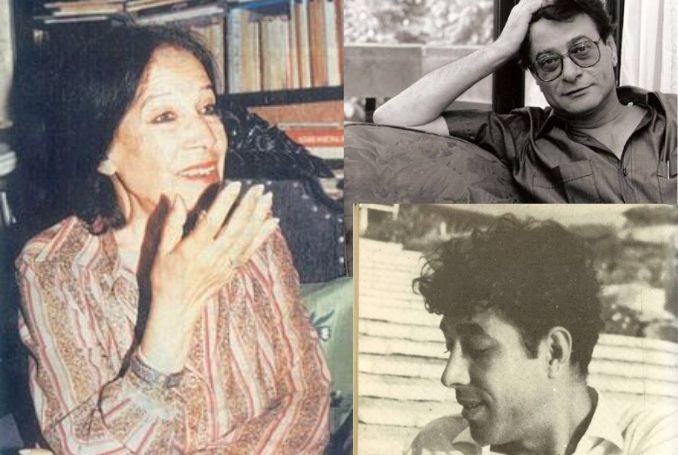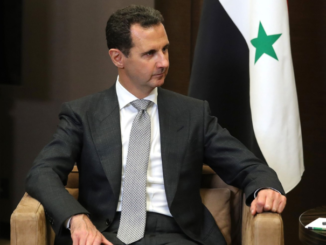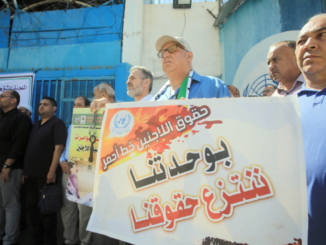
Valentine’s Day in Palestine has a different taste. True, the tradition of gifting boxes of chocolates and bouquets of flowers has been quite popular in Palestine for some time now, but love for Palestinians is also a tool, through which Palestinians continue to build a stronger society and collectively fight the hateful, brutal military occupation.
For generations, love poetry in Palestine has enjoyed multiple representations. For Palestinian poets, ‘Falsteen’ – Palestine – is a feminine word, representing the homeland, the mother, the lover, and so much in between.
Below are three poems by three beloved Palestinian poets, Fadwa Tuqan, Mahmoud Darwish, and Rashid Hussein, who wrote about love, hope, and the Palestinian homeland.
Existence – by Fadwa Tuqan
In solitary life, I was a lost question;
In the encompassing darkness,
my answer was concealed.
You were a bright new star
radiating light from the darkness of the unknown,
revealed by fate.
The other stars rotated around you
—once, twice —
until it came to me,
your unique radiance.
Then the bleak blackness broke
And in the matching tremors
of our two hands
I found my missing answer.
Oh you! Oh you intimate, yet distant!
Don’t you remember the coalescence
Of your spirit in flames?
Of my universe with yours?
Of the two poets?
Despite our great distance,
Existence unites us – Existence!
– Born in 1917 in Nablus, West Bank, Fadwa Tuqan was one of the most influential poets of her time. She dedicated her work to fight the Israeli brutal occupation of Palestine and the hardship sustained by her people.
Now, as You Awaken – by Mahmoud Darwish
Now, as you awaken, remember the swan’s
last dance. Did you dance with young angels
while you were dreaming? Did the butterfly
light you up when it burned with the eternal
light of the rose? Did the phoenix appear clearly
before you and call you by your name?
Did you see the morning dawn from the fingers
of the one you love? Did you touch
the dream with your hand or did you
leave it to dream alone, aware suddenly
of your own absence? Dreamers don’t abandon
their dreams, they flare and continue
the life they have in the dream…tell me
how you lived your dream in a certain place
and I’ll tell you who you are. And now,
as you awaken, remember if you have wronged
your dream. And if you have, then remember
the last dance of the swan.
– Born in 1941 in Al-Birwa, in the Galilee region – a village that was occupied and later razed by the Israeli army – Darwish is considered a ‘poet of resistance’. Because they had missed the official Israeli census, Darwish and his family were considered “internal refugees” or “present-absent aliens.” Darwish lived for many years in exile in Beirut and Paris.
With the Land – by Rashid Hussein
The land comes near me
drinks from me
leaves its orchards with me
to become a beautiful weapon
defending me
Even when I sleep
the land comes near me
in my dream.
I smuggle its wild thyme
between exiles
I sing its stones
I will even sweat blood
from my veins
to drink its news
so the land comes near me
leaves a stone of love with me
to defend it
and defend me
When I repay it
I will embrace it a thousand times
I will worship it a thousand times
I will celebrate its wedding on my forehead
on the rubble of exiles
and the ruins of prisons
I will drink from it
It will drink from me
So that the Galilee would remain
beauty, struggle, and love
defending it
defending me
I see the land;
a morning that will come
and the land will come near me
– Born in 1936 in Musmus, an Arab village in Haifa district, Rashid Hussein is considered a major Palestinian poet and orator. In this poem, he expresses the most authentic feeling in the heart of every Palestinian: the love for their homeland, Palestine.
(The Palestine Chronicle)








